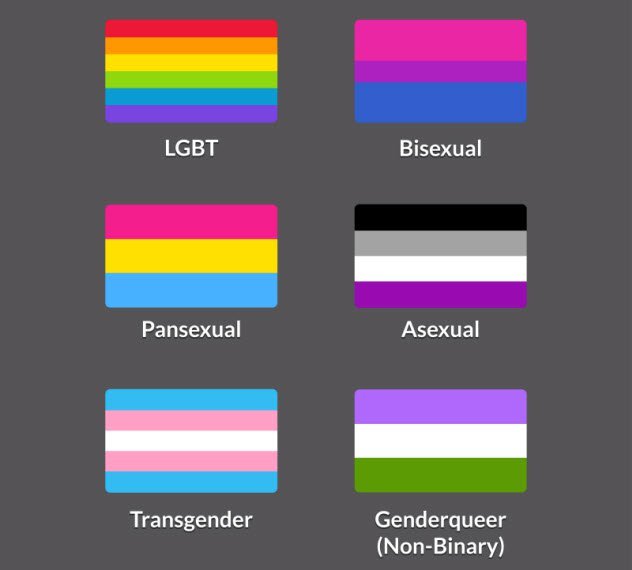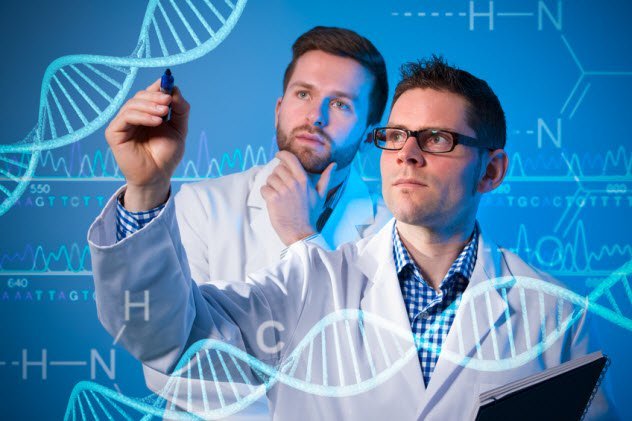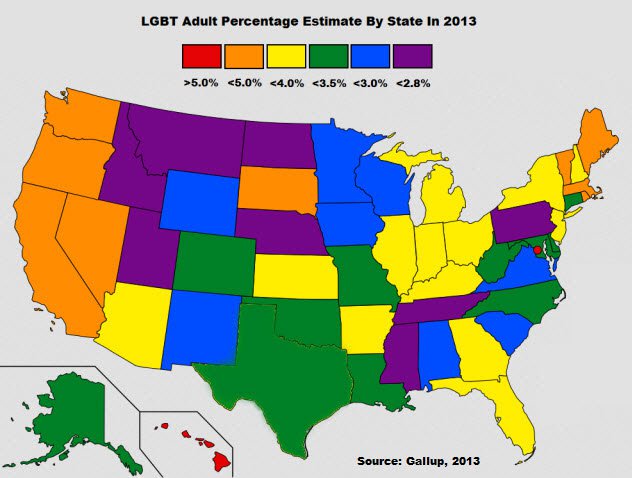Brain research, gender and sexual orientation.
Recent brain research has revealed structural differences in the hypothalamus in relation to biological sex and sexual orientation. Differences in size and cell number of various nuclei in the hypothalamus for homosexual versus heterosexual men have recently been reported in two studies. We have found that a cluster of cells in the preoptic area of the human hypothalamus contains about twice as many cells in young adult men as in women. We have called this cluster the sexually dimorphic nucleus (SDN). The magnitude of the difference is the SDN depends on age. In other human research, two other hypothalamic nuclei (interstitial nuclei of the anterior hypothalamus [INAH] 2 and 3) and part of the bed nucleus of the stria terminalis (BST) have been reported to be sexually dimorphic in the human. Sexual differentiation to the human brain takes place much later than originally claimed. At birth the SDN contains only some 20% of the cells found at 2 to 4 years of age. The cell number rapidly increases in boys and girls at the same rate until 2 to 4 years of age. After that age period, a decrease in cell number takes place in girls, but not in boys. This causes the sexual differentiation of the SDN. This postnatal period of hypothalamic differentiation indicates that, in addition to genetic factors, a multitude of environmental and psychosocial factors may have profound influence on the sexual differentiation of the brain. No difference in SDN cell number was observed between homosexual and heterosexual men. This finding refutes Dörner's hypothesis that homosexual males have a "female" hypothalamus. However, in a sample of brains of homosexual men we did find that an area of the hypothalamus called the suprachiasmatic nucleus (SCN) contains twice as many cells as the SCN of a heterosexual group. A recent report by LeVay claims that another nucleus, INAH-3, is more than twice as large in heterosexual as in homosexual men, whereas Allen and Gorski found that the anterior commissure was larger in homosexual men than in heterosexual men or women. Preliminary research on male-to-female transsexuals is also discussed. The functional implications of these findings in determining adult sexual orientation are as yet far from clear.

some facts about homosexualism
1/The Concept Of Gender Identity Is Evolving Constantly
2/Equal Rights Have Made Progress But Not Enough
3/Same-Sex Marriage Strengthens The Institution
4/Children Of LGBT Parents Generally Thrive
5/Same-Sex Relationships Tend To Be More Equitable
6/Trans People Are Not A Big Deal In Some Cultures
7/Gayness Has no Firm Biological Basis 
8/The Oldest LGBT Rights Organization Dates To 1950
9/Gay People Tend To Be Better Educated (And Better Off) Than Straight People ( that was suprising hh )
10/They Are Fewer Than You Probably Think 
have a nice read this is the best i can offer
Hi! I am a robot. I just upvoted you! I found similar content that readers might be interested in:
https://www.ncbi.nlm.nih.gov/pubmed/7560933/